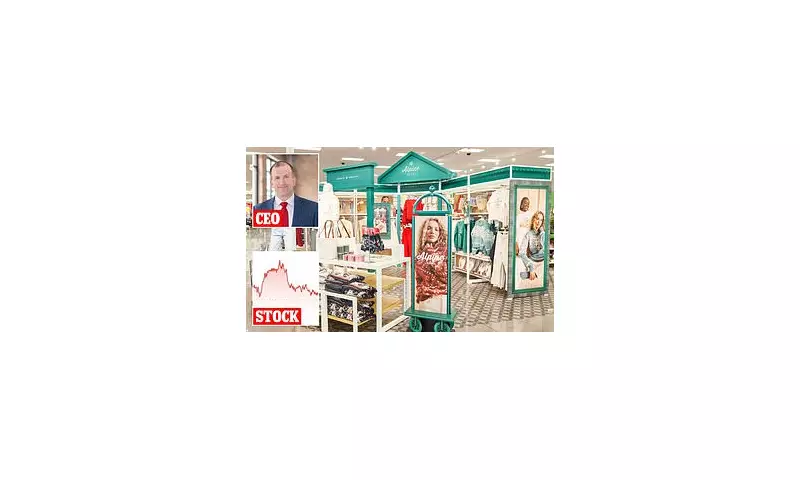
American retail giant Target has reported another sharp decline in profits as stubbornly high inflation continues to squeeze shoppers' budgets and dampen spending.
Persistent Sales Decline
The Minneapolis-based company revealed on Wednesday that its third-quarter profits tumbled significantly, marking the 12th consecutive quarter of falling sales. This represents one of the longest sales slumps in the retailer's recent history.
More concerning for investors, Target executives warned that they expect the sales decline to continue through the critical holiday shopping season, traditionally the most profitable period for retailers. The company reported a 19% profit slide in the most recent quarter alone.
Leadership Change Amid Crisis
The challenging financial results present an immediate test for incoming CEO Michael Fiddelke, who will take over from current chief executive Brian Cornell on February 1. Fiddelke, a 20-year company veteran, faces the formidable task of reversing Target's persistent sales malaise.
Target's struggles stand in stark contrast to rival Walmart, the nation's largest retailer, which continues to thrive despite the same economic pressures. Walmart is scheduled to report its quarterly performance on Thursday.
Billion-Dollar Turnaround Plan
In response to the years-long decline, Target is accelerating its transformation efforts. The company announced it will invest another $1 billion next year to remodel existing stores and build new ones, bringing the total cost of its makeover to $5 billion.
The retailer has already taken drastic measures to streamline operations, including eliminating approximately 1,800 corporate positions in October. These cuts represent about 8% of Target's corporate workforce and are designed to speed up decision-making.
Investors have shown growing concern about Target's performance, with the company's stock falling 43% over the past year. Shares edged lower again following Wednesday's announcement.
The leadership transition comes as Target attempts to revive its reputation as the destination for affordable yet stylish products, a positioning that once distinguished it from competitors but has recently lost its appeal among cost-conscious consumers.





